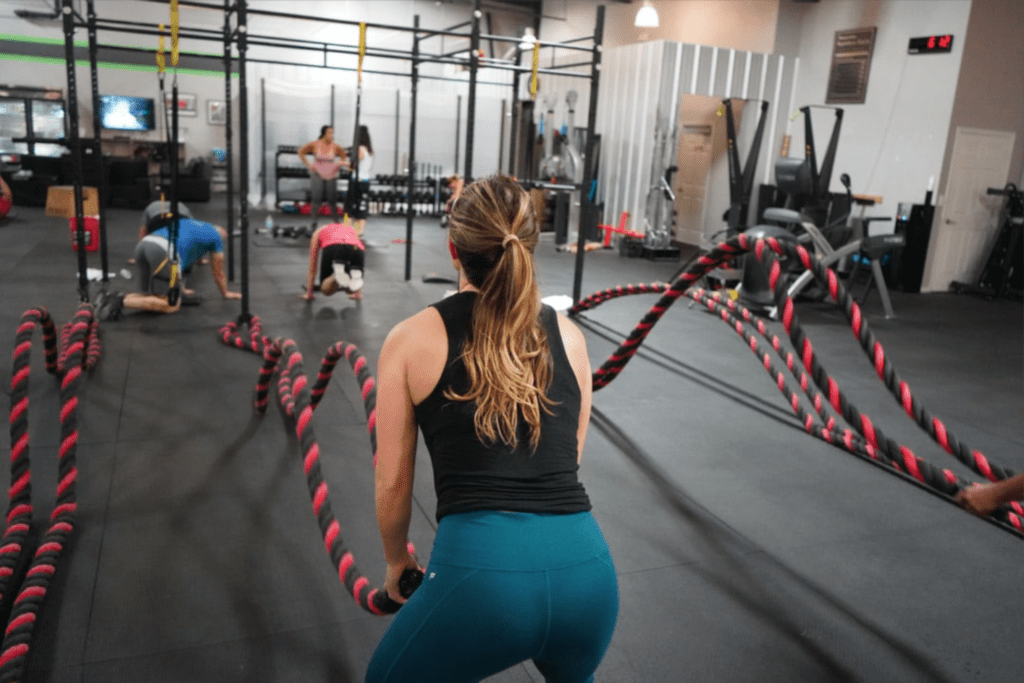Pinch In Your Hip? Let’s Chat
Squat. Pinch. Ouch. Hip Pain. Sound familiar? I’ve had it, my fellow soccer player has had it, as has my local cross-fit athlete, dancer, gymnast, etc. So, I figured it’s time to bring it up as a topic of discussion.
Is hip pinching and pain normal? As often as it may happen to you, your friend, or child, it isn’t. It’s something that many individuals experience and tend to ignore, until it becomes too painful to bear. Sometimes, on top of a pinch, you may the following complaints:
-
-
-
-
-
-
-
-
-
-
-
- Hip or groin stiffness
- Deep ache in groin/buttock
- Sharp pain in groin/buttock with hip flexion > 90 degrees (squatting, high knees, etc.)
- Pain with leg crossing in sitting or standing.
- Pain with prolonged sitting
- Hip pain at rest and/or with activity
- Hip pain at rest and/or with activity
- Low Back Pain
- Knee Pain
- Pain that comes and goes
-
-
-
-
-
-
-
-
-
-
All these symptoms lead us to start thinking about something called hip impingement otherwise known as femoroacetabular impingement (FAI). Have you never heard of it before? That’s because it is becoming more well-known and researched within the medical community.
Hip Impingement and FAI terms are used to describe a condition in which there is some type of increased contact between the ball and socket of the hip joint that can cause increased friction.
How does it happen? Some of us are just lucky enough to build extra bone in this area. Extra bone can form on the rim of the hip socket (Pincer Lesion) or on the ball of the hip joint (Cam Lesion) or both. But let’s throw this out there. Not everyone who has had evidence of extra bone on X-rays has pain!
So, why does the pain happen? A lot of the time it is related to our movement techniques, lack of mobility and strength. It may also be due to fallacies that many people continue to listen to. Not everyone is meant to squat with their feet straight and your tight muscles don’t always need stretching! I’ve had many cases in which a person with hip impingement walks into the clinic saying, “I’ve felt like my hips have been getting tighter, I think it’s my hip flexor, I try to stretch my hips every day and it just gets worse.” Well, folks, if you’ve been stretching for months and things are getting worse, we need to re-address the situation.
Like our “rotator cuff” supporting our shoulder, our hip has a musculature that provides stability for our hip. A lot of time, these muscles are simply just not strong enough. They aren’t muscles people typically focus on unless they have a guided program from well-versed coach, strength and conditioning professional or physical therapist. We don’t tend to work these muscles throughout their full range of motion, and that is where we end up with issues. Hence why during activities requiring extreme ranges of motion (squatting, sprinting, etc.) we tend to feel more discomfort.
Working on your hip musculature is one key component of improving hip impingement symptoms; however, it’s not just that easy. Finding a physical therapist to look at your movement patterns and offer advice in regards activity and movement modification is important. Sometimes, it can be as simple as modifying how deep your squat or lunge for a period of time to help decrease symptoms.
If you’re experiencing hip impingement symptoms, address them sooner than later! Repetitive impingement can lead to secondary problems that could ultimately result in surgery. If you have any other questions regarding this topic, please don’t hesitate to reach out. Happy Summer!
Ashley Witson, PT, DPT
